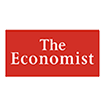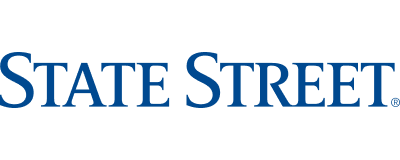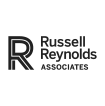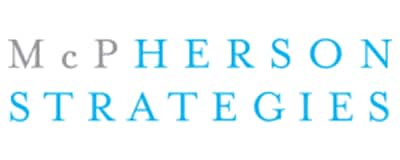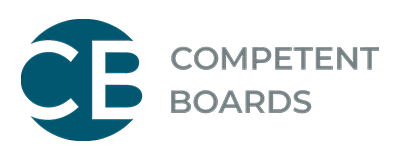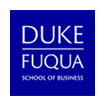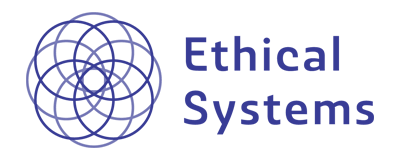Building responsible AI for a sustainable future
Matthew Sekol
Worldwide Sustainability Industry Advocate, Microsoft
In a recent interview for Infosys, Joel Makower of GreenBiz spoke with Matthew Sekol, Worldwide Sustainability Industry Advocate at Microsoft. Sekol described his role as one in which he meets with the world's largest companies to discuss sustainability and then identifies how Microsoft can help "either from an inspiration perspective or more often how we can intersect it with some sort of technology solution."
Sekol described Microsoft's sustainability journey, saying that "we started at the operations level first and went through and started working towards our operational reductions, what was material, what was not material, and started really trying to get our missions, water, waste, and biodiversity under control." The next step, he said, was to educate the company's product and services teams on why this matters. "And this framework is something that every company could easily follow," he said.
From there, Microsoft focused on helping its customers and partners drive their own sustainability initiatives. And then its policy advocacy team began to engage with regulatory bodies around the world, to provide perspective on what they're seeing and to make suggestions and recommendations.
The most critical part, said Sekol, are the Microsoft employees. "We have a very strong culture of execution where messages like sustainability, social justice issues, can permeate the culture partly because Satya [the CEO] is such a dynamic leader." Sekol pointed to a sustainability-focused employee resource group at Microsoft that has 5,000 members. This structure, said Sekol – operations, products and services, helping your customers and then advocacy and then centering it around your employees – "is a great framework to help do that enablement past the sustainability officer."
Makower pointed out that at many companies, middle management thwarts change, but Sekol said that hasn't been true at Microsoft. "I think it stems from our mission – empower every company and person on the planet to achieve more – plus that empathetic culture." He pointed out that diversity, equity, and inclusion is one of the metrics Microsoft uses to measure its managers on supporting inclusivity across the company.
Asked about artificial intelligence, Sekol described it as "an ESG risk and opportunity... The existing AI models that have been long in play largely had risks built in around data bias, which stemmed from systemic issues that were long going on... Another risk is the intersection with sustainability." He noted that "training those models takes a lot of energy" and at Microsoft, there's a team of engineers working to figure out the balance between training model accuracy and sustainability." He gave a hypothetical example of sacrificing a couple percentage points of accuracy on training an AI model and potentially saving 60% of carbon.
As for working in sustainability and ESG, Sekol said “every person has unique skills that they can bring” to the sector. For those who are young or early in their careers, "I'd suggest there are opportunities no matter what you do and to intersect with this topic. So if you're a programmer, for example, you may work on code that helps solve a sustainable problem, or you may work on code, but develop it with sustainability principles so that it takes advantage of the hardware and acts as efficiently as possible. If you're studying finance, you might take your financial services skills and apply it to green bonds or sustainable investing."
